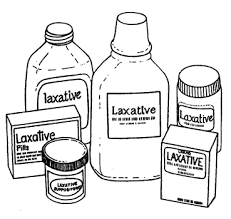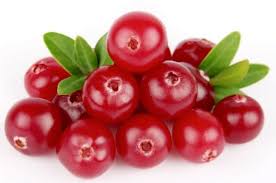Becoming a Vegetarian

Becoming a vegetarian is easier than you might think.
Vegetarian eating is different but not difficult; it takes commitment, but it isn’t rocket science.
First you have to distinguish what type of vegetarian you are most interested in becoming and, more importantly, why?
People become vegetarians for many reasons. You may convert to vegetarianism because of religion, animal rights, and health and wellness reasons. You must define your reason first so that you know where to turn for motivation and support when you are faced with adversity.
Becoming a vegetarian means not eating meat, which includes beef, poultry, fish or even the by-products of meat like dairy or eggs. Whole foodists do all of that PLUS eat only raw foods like fruits, vegetables, seeds and nuts.
Most people make the decision to become a vegetarian because of health and wellness reasons. But Hindu and Buddhists are strict vegetarians and others practice vegetarian eating habits because they are animal activists and abhor the treatment of animals during the slaughter process.
Becoming a vegetarian has gained widespread acceptance in the past 5 years as research is showing that eating a vegetarian diet will lower a persons risk for high blood pressure, heart disease, diabetes and cancer.
There is more than one way to eat a vegetarian diet. You should know yourself enough to know if going cold turkey or moving into a vegetarian lifestyle slowly will be more successful. Making the change slowly begins by excluding meat and fish. Some people find that excluding one type of meat a month makes the transition easier.
Recent research has shown that vegetarians live longer and healthier lives. The American Dietetic Association (ADA) states on their website that vegetarian diets offer a number of nutritional benefits, including lower levels of saturated fat, cholesterol and animal protein as well as higher levels of carbohydrates, fiber, magnesium, potassium, folate and antioxidants such as Vitamins C and E.
Becoming a vegetarian also makes it easier to maintain an appropriate weight. Some criticisms include the difficulty that some people have getting all of their essential nutrients. However, eating a normal variety of whole grains, beans, nuts, and vegetables will OFTEN give vegetarians more than adequate amounts of the essential nutrients.
After becoming a vegetarian many people report “feeling better” and having more energy with the diet change. Your daily dietary intake should include vegetables, fruits, nuts, seeds and whole grains in order to maximize your intake of the necessary vitamins, minerals and nutrients your body needs to thrive.
Becoming a vegetarian is a choice. Everyday you chose your diet, exercise, stress levels and work patterns. Sometimes we think they are chosen for us but it’s just not the case. We choose. Becoming a vegetarian is a continuum effect. It’s never that you are or you aren’t but rather how much of a vegetarian are you?
RESOURCES
TeensHealth: Becoming a Vegetarian
http://kidshealth.org/teen/food_fitness/nutrition/vegetarian.html
Vegetarian Times: Why Go Veg?
http://www.vegetariantimes.com/article/why-go-veg-learn-about-becoming-a-vegetarian/
PETA: Top Six Tips for Becoming Vegetarian
http://www.peta.org/living/food/making-transition-vegetarian/top-six-tips-vegetarian/
Brown University Health Education: Being a Vegetarian
http://brown.edu/Student_Services/Health_Services/Health_Education/nutrition_&_eating_concerns/being_a_vegetarian.php
Harvard Health Publication: Becoming a Vegetarian
http://www.health.harvard.edu/newsletters/Harvard_Womens_Health_Watch/2009/October/becoming-a-vegetarian
ChooseMy Plate: Tips for Vegetarian
http://www.choosemyplate.gov/healthy-eating-tips/tips-for-vegetarian.html
MayoClinic: Vegetarian Diet
http://www.mayoclinic.org/vegetarian-diet/art-20046446











